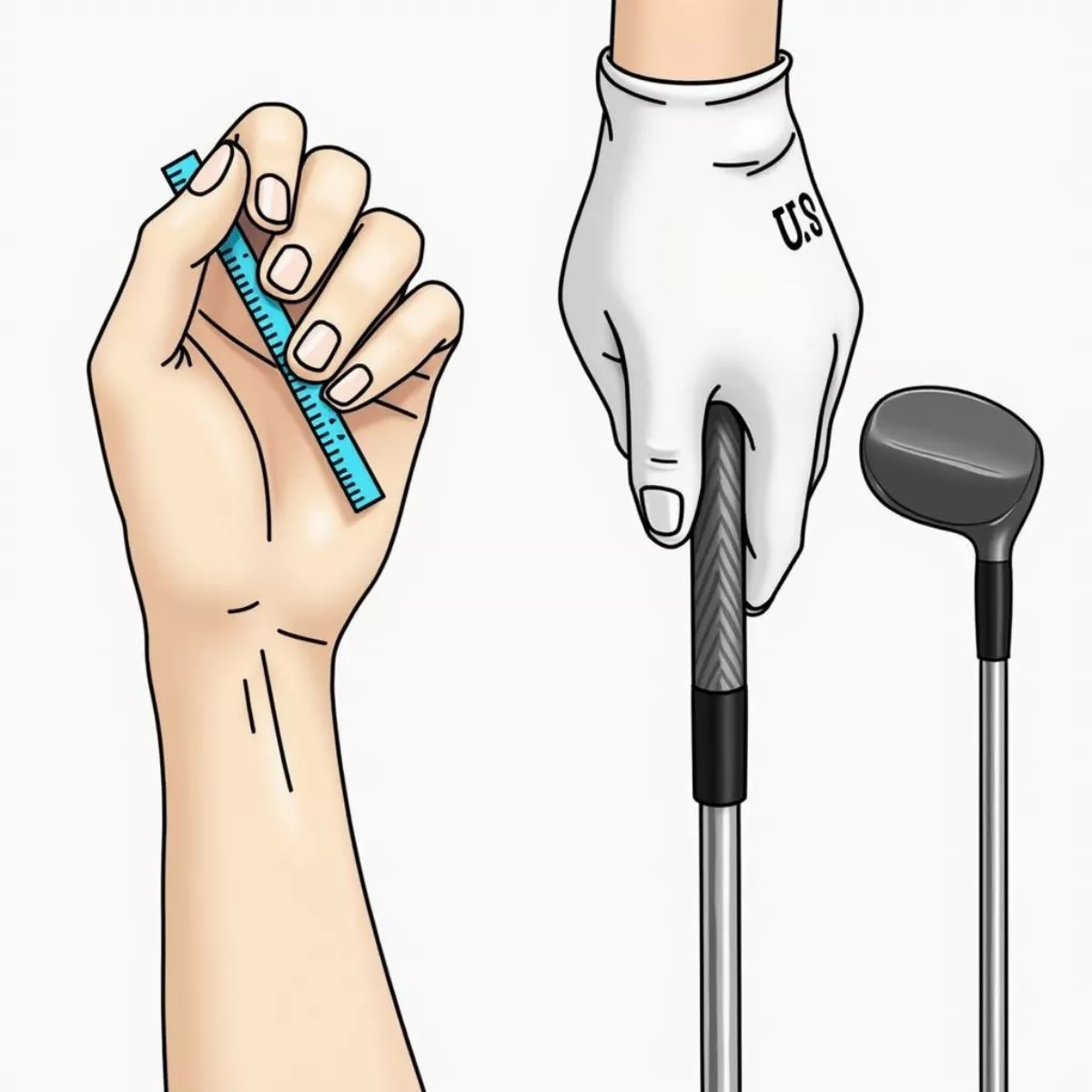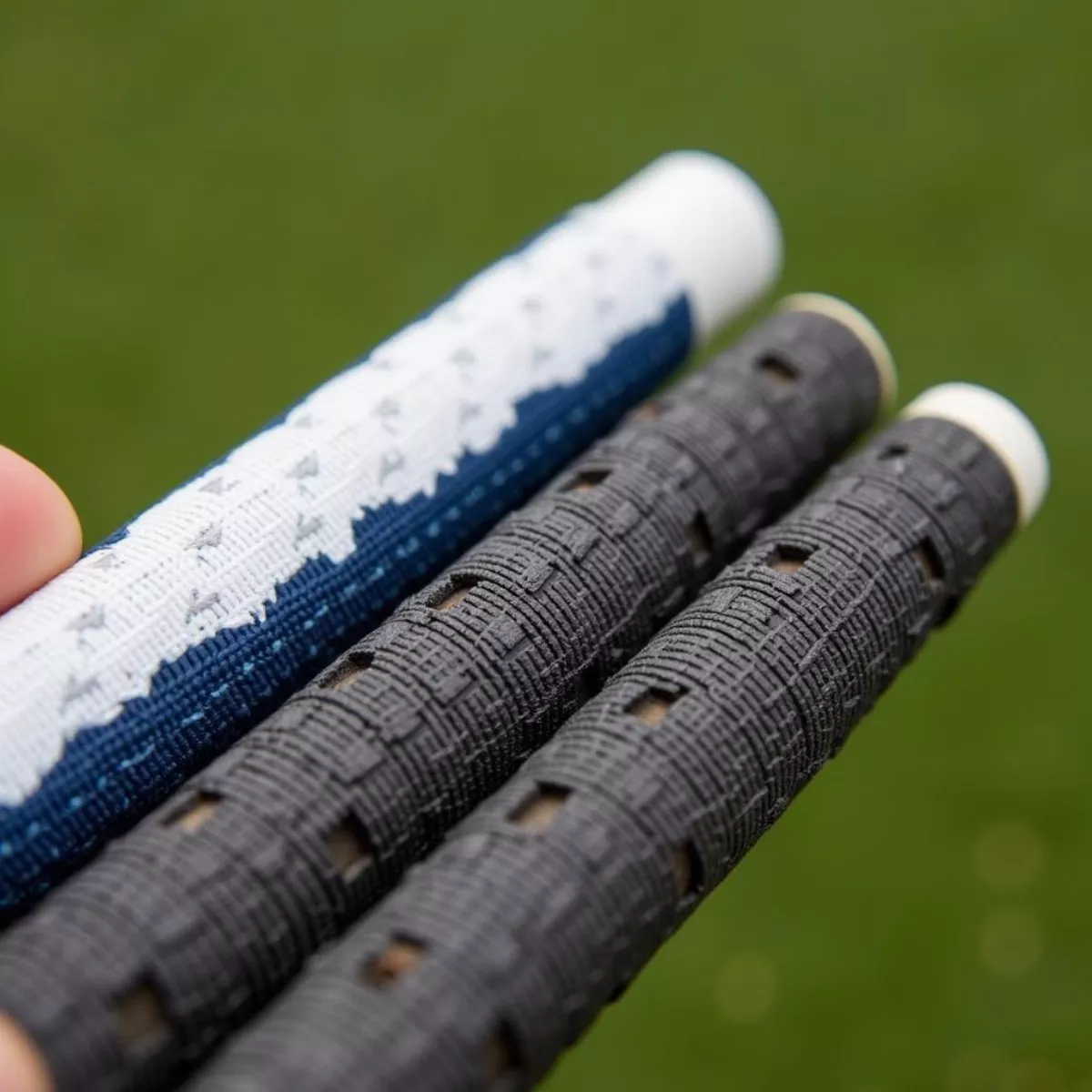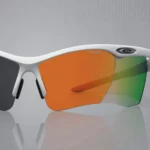Whether you’re a seasoned player or just getting started, the grip size of your golf clubs can make a huge difference in your game. A properly fitting grip can improve your swing, control, and overall performance on the course. But how do you know which grip size is right for you? In this guide, we’ll explore how to measure your golf grip size, why it matters, and what you need to consider to find your perfect fit.
Importance of Golf Grip Size
The golf grip size directly affects how you hold the club, which in turn influences your swing mechanics. Here’s why it matters:
- Improved Control: A grip that’s too big or too small can lead to poor control, making it difficult to produce consistent shots.
- Enhanced Comfort: A good grip size enhances comfort and reduces tension in your hands during swings.
- Injury Prevention: Using the wrong grip size can result in discomfort and even injuries, such as tendonitis or carpal tunnel syndrome.
Before diving into how to measure grip size, let’s go over a few key terms and concepts.
Key Terminology
- Grip Size: The circumference of the grip measured in inches.
- Standard Grip: Commonly used sizes that cater to most golfers.
- Oversize Grip: Larger than standard grips for golfers with bigger hands or those seeking extra cushioning.
- Undersize Grip: Smaller than standard grips for individuals with smaller hands.
How to Measure Golf Grip Size
Measuring your golf grip size is relatively straightforward. Here’s a step-by-step guide to ensure you find the right size:
Step 1: Gather Your Materials
You will need the following items:
- A solid ruler or measuring tape
- A pen and paper for notes
- A string (optional)
Step 2: The Measure Method
- Hold a Club: Take one of your golf clubs and hold it in your normal grip.
- Three-Finger Method: With the club in your hands, take a measuring tape and measure the distance from the tip of your index finger to the first crease on your palm (where the fingers meet the palm).
This distance will help you determine your grip size based on the following table:
| Grip Size (inches) | Hand Size (inches) |
|---|---|
| 0.54 | 7 or smaller |
| 0.60 | 7 – 8 |
| 0.62 | 8 – 9 |
| 0.64 | 9 or larger |
Step 3: Other Measurement Methods
The Pencil Test
Another popular method is the pencil test:
- Grip a pencil with the same tension you’d use while holding a golf club.
- If your fingers wrap around the pencil without any gaps, that’s an indication of the right grip size.
The Finger Test
For a more tactile approach, try the Palm Test:
- Hold the club and take note of the gap between your fingers and palm.
- If your fingers touch your palm comfortably, your grip size is likely correct. If they wrap around too tightly or there’s a large gap, you may need to adjust.
 Measuring Golf Grip Size
Measuring Golf Grip Size
Step 4: Trial and Error
Don’t be afraid to experiment. Many golfers find their ideal size through trial and error. Trying different grips can help you determine what feels best during practice swings and on the course.
Considerations When Choosing Golf Grip Size
There are a few key points to consider when selecting a grip size:
- Playing Style: Your playing style can influence grip size preference. Players who prefer a more aggressive grip might opt for a smaller size.
- Climate: Hot weather can cause your hands to swell. A slightly larger grip may feel more comfortable in these conditions.
- Type of Clubs: Different clubs can require different grip sizes. For example, a driver may need a different size than your putter.
Choosing the Right Material
Grips come in various materials that affect feel and performance. Here are the most common options:
- Rubber Grips: Most common for their durability and provide a good balance of feel and control.
- Cord Grips: Include strands of cotton that offer extra traction and control, especially in wet conditions.
- Multi-Compound Grips: Combine rubber and cord to provide a blend of comfort and grip.
Keeping Your Grips Fresh
Proper maintenance can extend the life of your grips. Follow these simple steps:
- Clean Regularly: Wipe grips down with a damp cloth after each round.
- Replace When Worn: If grips feel slick or hard, it’s time to replace them.
 Types of Golf Grip Materials
Types of Golf Grip Materials
Key Takeaways
- Measure your grip size using the three-finger method or pencil test to find the right fit.
- Pay attention to your playing style and environmental factors when choosing grip size.
- Experimentation is key; don’t hesitate to try different grips before making a decision.
- Regularly maintain your grips to ensure optimal performance.
FAQ Section
1. What is the standard golf grip size for average players?
The standard grip size for most male golfers is typically 0.60 inches, whereas for women it may range around 0.54 inches.
2. How do I know if I need a larger or smaller grip?
If you experience discomfort, your fingers wrap too tightly, or you have difficulty controlling the club, you may need a larger grip. Conversely, if your fingers don’t touch your palm, you may need a smaller grip.
3. Can grip size affect my swing?
Yes! The right grip size ensures optimal control and reduces tension, which can lead to a smoother and more effective swing.
4. Should I get my clubs re-gripped every year?
It depends on usage. If you play frequently (more than once a week), you might consider re-gripping once a year.
5. What grip size do professional golfers use?
Professional golfers use a variety of grip sizes, often customized to their preferences. Many prefer larger grips for better control.
6. What are the signs that my grips need replacing?
Signs include wear, slickness, loss of traction, and noticeable discomfort during play.
7. Can I mix grip sizes on my clubs?
It’s best to maintain consistent grip size across all clubs for overall performance and feel.
8. Are there special grip considerations for beginners?
Beginners should focus on comfort and control, opting for a size that allows ease of movement and reduces tension in the hands.
9. How can I find out my finger length for grip size?
Measure from the tip of your index finger to your palm crease while holding a club.
10. How often should I clean my grips?
It’s advisable to clean grips after each round to maintain their tackiness and reduce wear.
With this comprehensive understanding and practical approach to measuring golf grip size, you’re now ready to optimize your game! Remember, finding the perfect grip takes some experimentation, so have fun trying out different grips until you find the one that feels just right. Happy golfing!

